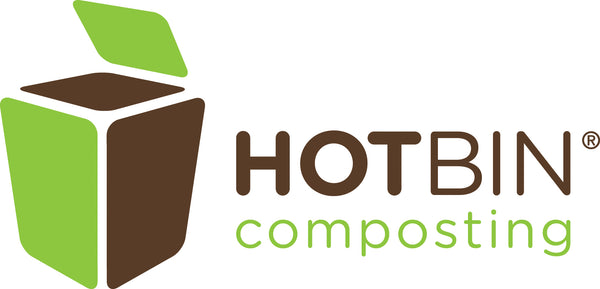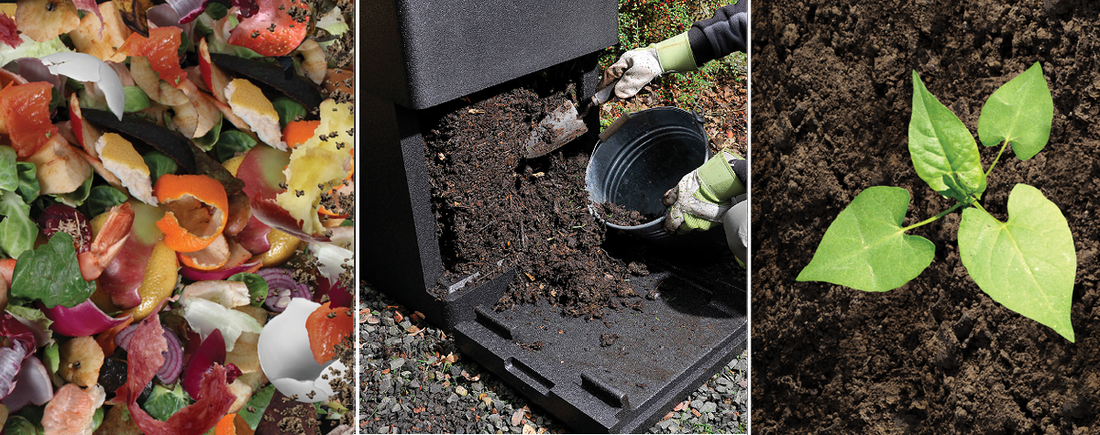Producing compost for your garden and the environment not only makes you a better gardener, but a contributor to reducing waste that goes to our landfills and pollutes our environment with methane gas emissions.
Methane explained
The decomposition of organic waste in landfills happens underground with no air (anaerobically) producing a potent greenhouse gas known as methane. Methane contributes to almost half of human-made global warming in the short-term (/epa.gov).
“If your family tosses out about a pound of food per person per day, which is close to our atrociously absurd national average, you might at least be able to generate enough methane to do all your cooking.” https://www.sierraclub.org/sierra/ask-mr-green/composting-for-methane-gas-good-way-conserve-energy
Composting organic waste at home reduces methane gas exposure.
Composting is one way to reduce methane emissions from organic waste sent otherwise to landfills. By composting aerobically (natural process involving air) you can reduce the production of methane gas in landfills and return your organic waste back to earth in the form of compost.
Compost benefits to your garden soil
Adding compost to your garden soil increases its water holding capacity, invigorates the soil food network, and provides a buffet of plant nutrients (Mother Earth). Compost also contains substances that enhance plants’ ability to respond to challenges from insects and other diseases.
Managing composting piles requires a balance of ingredients. A cold-composting pile usually takes longer to produce as the organic waste rots slowly without heating up. However, if speed and space are not part of your objectives, the cold-composting method can be used to produce compost. I mentioned ‘space’ because slow decomposing piles are associated with odors attracting non-wanted animals, thus requiring composters to be distanced from your house.
Lastly, the hot composting method is the fastest type of compost to produce, as it heats up or cooks the organic waste as part of its process.
Composting made-easy
The composting process mimics nature’s recycling plan and to make it work successfully, it should also mimic our lifestyles. Let’s call it… a 'good pairing.'
Why lifestyles? The truth is that not all of us have come to terms with changing our lifestyles with additional day-to-day chores to start composting. This is why at HOTBIN, we have designed an innovative hot-composting bin capable of making composting cleaner, simpler and more accessible to modern households. HOTBIN produces compost in 30-90 days, so there is no need to have a larger but slower composter. HOTBIN requires no turning or tumbling, it composts more types of food (including bones and cooked food), has a streamlined footprint, a liquid fertilizer system, and composts all year-round.
Buy now at https://hotbincomposting-us.com/

